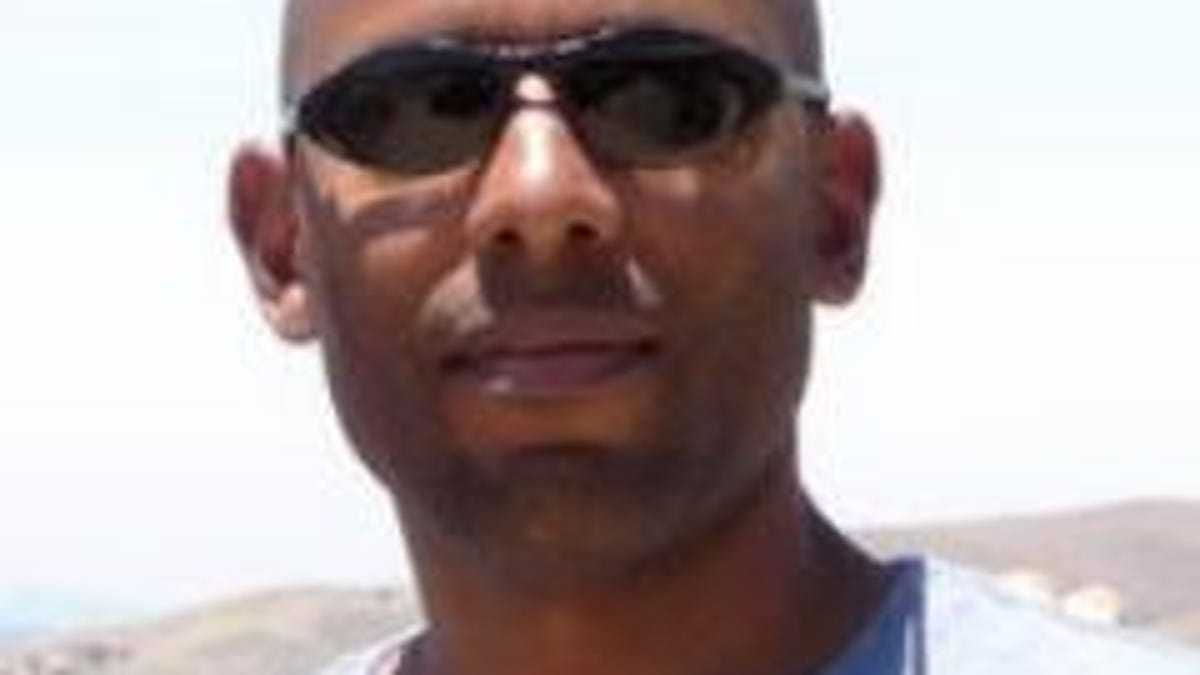Ex-Twitter engineer lashes out at company over its diversity
Leslie Miley, an African-American engineer who held a leadership role, questions the social network's commitment to diversity.

Former Twitter engineering manager Leslie Miley says the company's lack of diversity is hurting the company.
Does Twitter have a problem with diversity?
Leslie Miley, a former high-ranking African-American engineer at the microblogging service, thinks so. He took aim Tuesday in a blog post on Medium, saying that a lack of African-Americans, Hispanics and women on Twitter's engineering team is hurting the company. That absence is a striking contrast to Twitter's user base, he said, citing a Pew Research Center survey that found about a quarter of African-Americans and Hispanics online said they use Twitter.
Miley claims he pointed out that imbalance during meetings with management, to no avail.
"Each of these moments caused me to rethink what role I was playing at Twitter and in tech and how I could participate in dismantling what I describe as the diversity problem in tech," said Miley, who worked at Twitter for nearly three years. "I want to be a leader in eliminating environments where I am the only African-American in engineering leadership."
The broadside comes less than a month after Miley was among 330 employees laid off as the company tries to streamline its operations. He said he refused Twitter's severance package so he could speak about the company.
Diversity continues to be a hot-button issue in Silicon Valley as tech giants including Twitter, Facebook, Apple and Intel grapple with how to make their male-dominated and largely white workforces more inclusive. Twitter has said it wants to increase minorities in tech jobs in the United States to 9 percent and in leadership roles to 6 percent. Its own current US workforce is 2 percent African-American and 4 percent Hispanic, while women make up 13 percent of its ranks globally.
During one meeting that Miley highlighted, he said he asked about creating a diversity engineering position, and a senior vice president replied, "diversity is important, but we can't lower the bar." Miley said the executive later asked him to create a tool to track the ethnicities of minority engineering candidates by their last names to see where they fell out of contention.
"While not intentional, his idea underscored the unconscious tendency to ignore the complex forces of history, colonization, slavery and identity," he said. "I left that meeting wondering how I could, in good conscience, continue to work in an organization where the Sr. VP of Engineering could see himself as a technology visionary, and be so unaware of this blind spot in his understanding of diversity."
On Thursday, Alex Roetter, Twitter's senior vice president of engineering, posted an apology on Medium in response to Miley's comments. Roetter said things at Twitter need to change his comments conveyed a meaning that was very far from what he intended as he "did a poor job communicating."
"I want Twitter to be a place where all employees feel comfortable raising questions about diversity. That hasn't always been the case, which is unacceptable...That resulted in unnecessary pain and confusion, for which I am truly sorry," he said. "We all want the same results -- stronger representation of underrepresented minorities at all levels within Twitter."
It's not the first time ex-employees have complained about a lack of diversity at Twitter. A former software engineer is suing Twitter for using what she claimed is a "subjective, secretive promotion process" favoring men. Mark Luckie, who is black, in May left his position as Twitter's manager of journalism and news, citing low minority representation. He praised Miley in a tweet for speaking up.
Major Twitter investor Chris Sacca has also chimed in, saying many tech users don't look like the managers of the services they're frequenting.
"Look at the user base of Twitter: You have black users over-indexed on Twitter, but you don't have any representation of that audience in the upper management. That's weird," Sacca said at a finance conference this week, according to a report on Buzzfeed.
Civil rights leader Rev. Jesse Jackson, who has been urging tech companies to diversify, sent an email Wednesday to Twitter CEO Jack Dorsey asking for a breakdown of how many minorities were laid off.
Twitter declined to comment specifically about Miley but said in a statement that it's committed to diversity.
"This commitment includes the expansion of our inclusion and diversity programs, diversity recruiting, employee development, and resource group-led initiatives," the San Francisco company said. "Beyond just disclosing our workforce representation statistics, we have also publicly disclosed our representation goals for women and underrepresented minorities for 2016, making us the largest tech company to put hard numbers around its diversity commitment."
Miley said Twitter may find it difficult to make changes to its culture and product and to stimulate growth. He noted that his departure leaves Twitter without any managers, directors or vice presidents of color in engineering.
"Twitter's issues with growth and engagement and the issues with internal diversity are somewhat related," he said. "The over-reliance on a limited number of schools and workplaces for talent has caused a type of group think to dominate. Any change would be approved by people who all think alike."
Miley, who was not immediately available for comment Wednesday, wrote that while Twitter has empowered underrepresented people and chronicled social movements like Black Lives Matter, more diversity is still necessary.
He's hopeful that Dorsey, who last year was tweeting from the Black Lives Matter movement in Ferguson, Missouri, will bring about change.
"It is my belief," Miley said, "that Jack understands the use case of Twitter better than anyone else, understands how diversity can be additive to growth, and is committed to making that happen."
Update, 9 a.m. PT: Adds comments from Rev. Jesse Jackson about recent Twitter layoffs.

